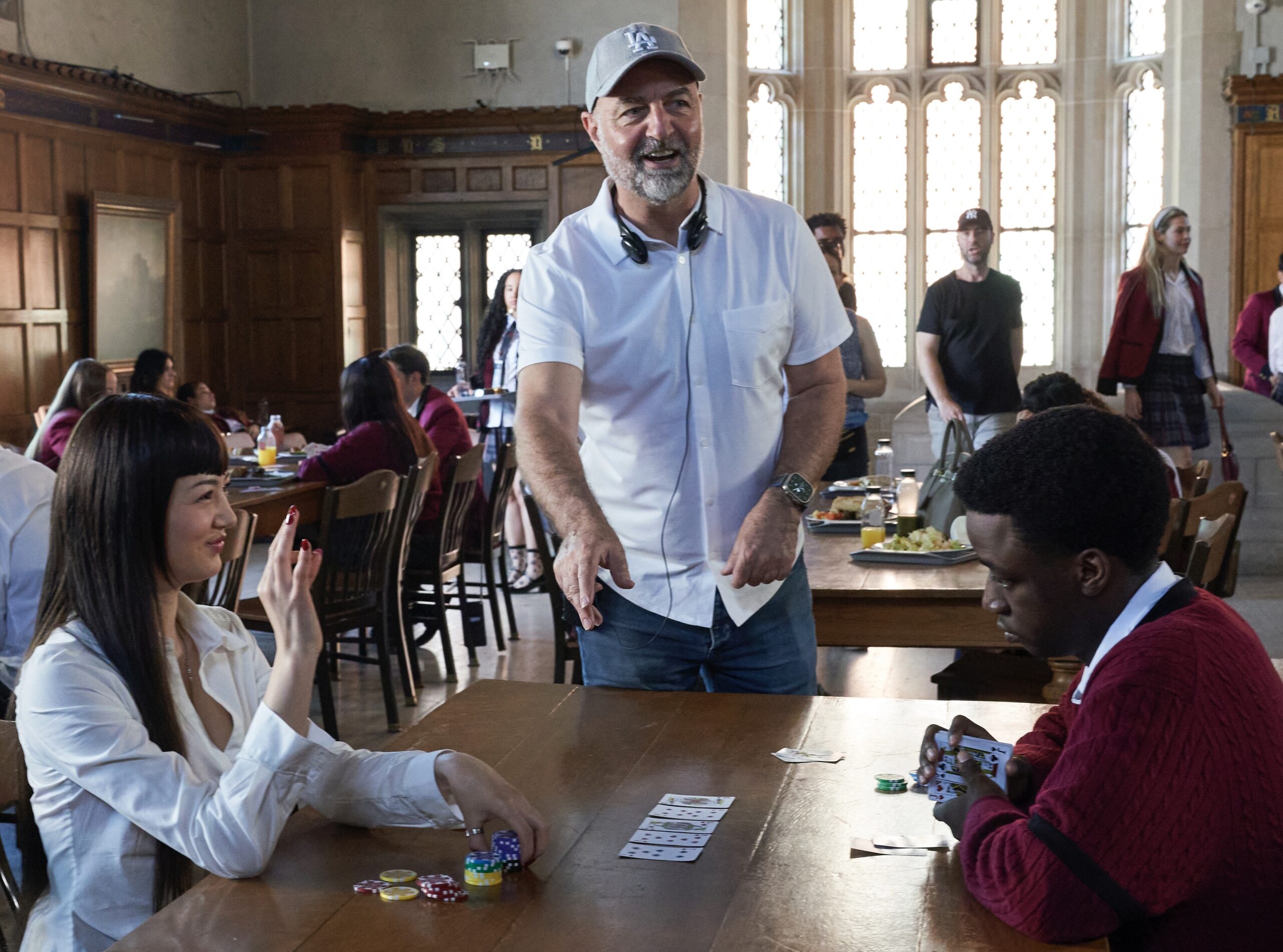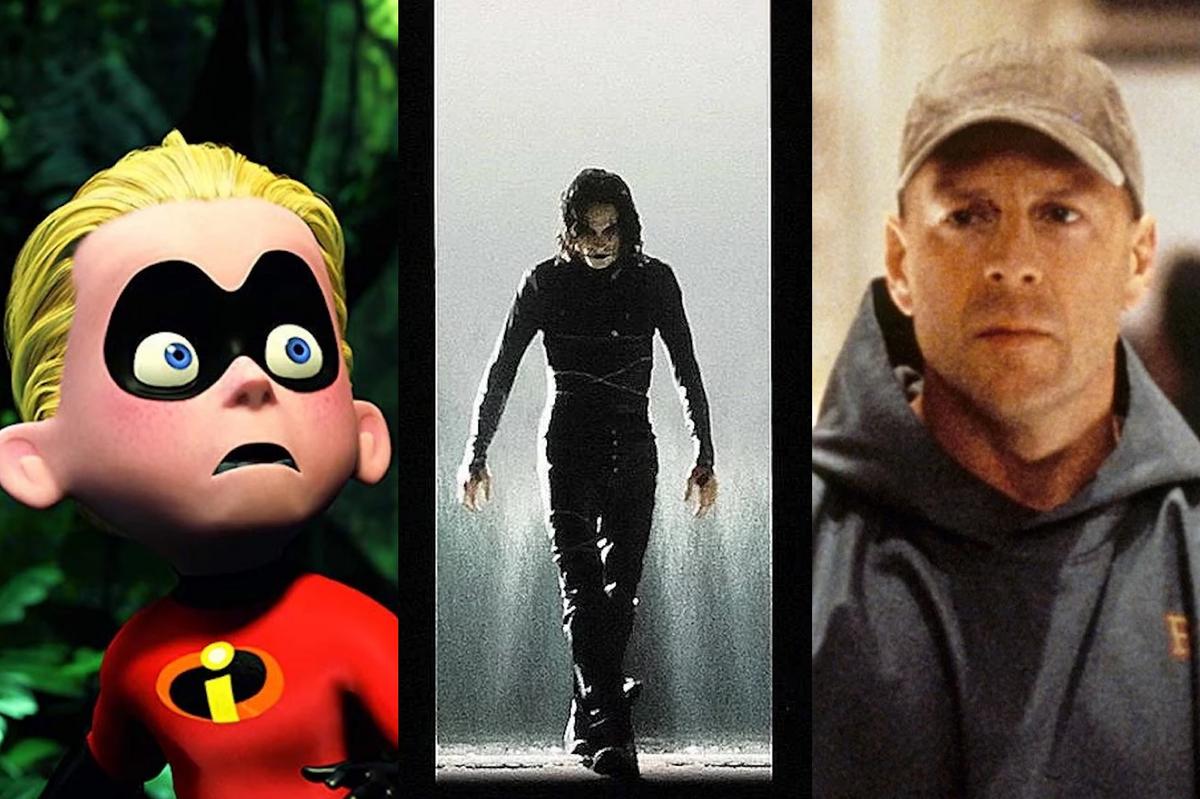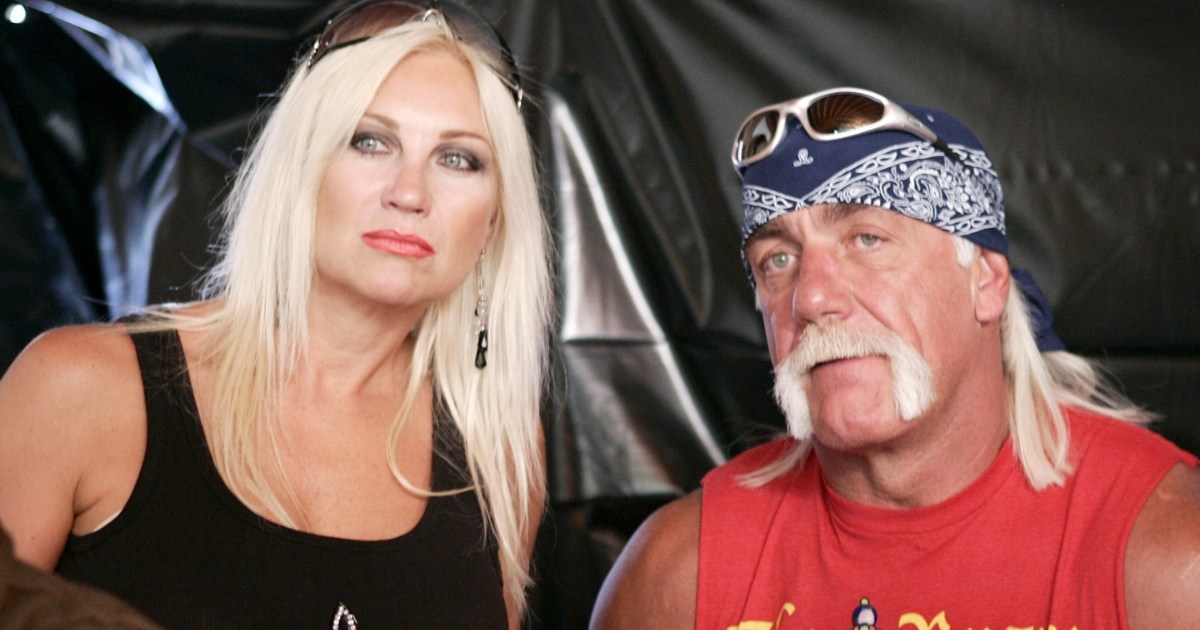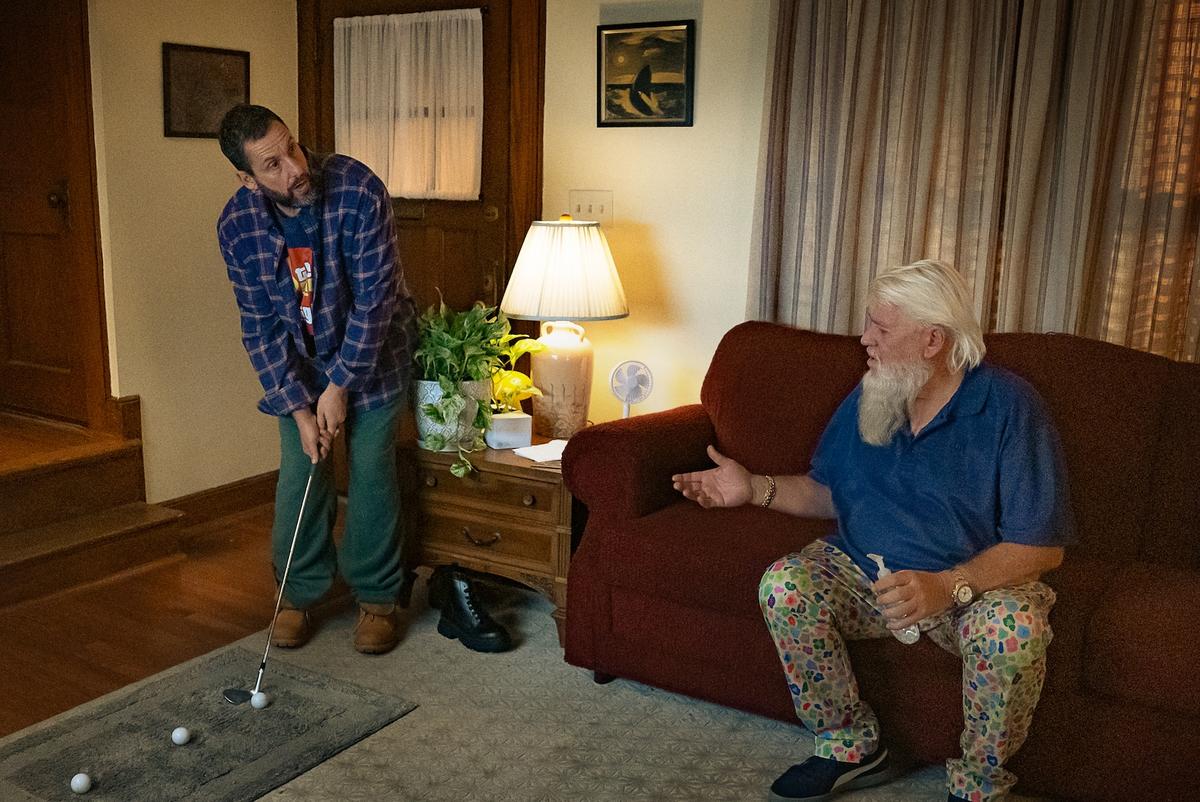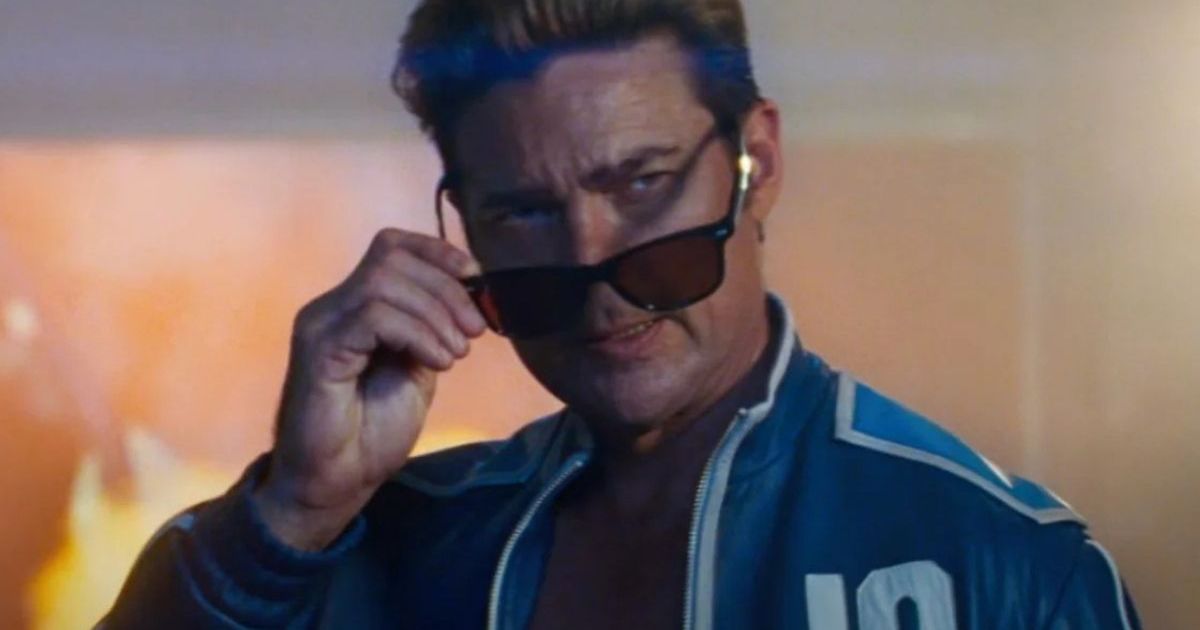Often, the journey to pinnacle success in the Film and Television industry is long and arduous. In Canada, it usually only goes so high. Simon Barry and his childhood friends stuck to their dreams, and they have all done very well.
Simon Barry is the executive producer (EP) of the international sensation series Bet on Netflix.
Here is our conversation with Simon Barry.
HNMAG: You went to John Abbott College (CEGEP). Did you grow up on the West Island? (Montreal)
Simon Barry: That’s right. I grew up in a little town, almost at the end of the Island called Baie-D’Urfe.
HNMAG: Do you get back there much?
Simon Barry: Not too much. My parents and my brother all moved out to Vancouver.
HNMAG: They followed you?
Simon Barry: Yes. I actually got to go back to Montreal for work a couple of times. My first feature film, called The Art of War, was shot in Montreal. I was rewriting as we were shooting. I got to go back again for a TNT movie that was shot in Montreal.
HNMAG: Did you know Stephen Hegyes and Greg Middleton in high school?
Simon Barry: Yes. We went to different schools, but we knew each other from the neighbourhood. Greg and I lived close by, and Stephen was in Hudson. We played around with 16 and 8mm cameras even before we went to Abbott. At John Abbott we did more formalized programmed stuff. Greg and I messed around with Super 8 even before High School.
HNMAG: It’s crazy that you three stayed close and in the same field, sometimes working together for over forty years.
Simon Barry: The goal is always to find something to do together. We did finally, did something in different pieces, get to collaborate. Stephen and I formed a company, RDF, so we work on the same projects quite a bit. Stephen produced Warrior Nun with me. I worked with Greg on Continuum. Greg is a very busy guy.
HNMAG: He’s a highly coveted Director of Photography (DOP).
Simon Barry: He worked on Game of Thrones, Watchmen, Sirens…etc. He’s very hard to pin down.
HNMAG: Why did you choose UBC over Concordia?
Simon Barry: All three of us have been making films together in CEGEP. We all applied to Concordia Film Production. We had the same portfolio. Initially, they were accepted, and I wasn’t. The Concordia review board got me a 2nd interview with the dean of the program with the same portfolio, and he reversed that initial decision. We were sour on how arbitrarily different gatekeepers felt about the same material. We also heard about the growth of the film industry in Vancouver and how business was booming. There was a demand for crew.
HNMAG: That was the beginning of the true Hollywood North.
Simon Barry: Stephen was a keyboard player for Luba. He was on tour and loved Vancouver. We were also all skiers, and we have been to Whistler. That was amazing. That was our moment of clarity. We all wanted to work as well. UBC would be better for three Anglo kids to get hired on set. That’s when we all decided to go to UBC. We rolled the dice and it worked out. We also all got jobs in the industry right away. We had short stints as (Production Assistants) PAs and then I moved into the camera department.
HNMAG: After UBC you continued working as crew on set?
Simon Barry: I became a camera assistant while I was still at UBC on commercials. I worked with a bunch of union focus pullers who encouraged me to go that route and join the union.
HNMAG: IATSE?
Simon Barry: Yes, right after I graduated, I went into an accelerated trainee program. It was a feature film called Short Time. I got through the program with just one movie. Then I became a full 2nd AC. I worked my way up to focus puller, and after seven years, I faced the prospect of do I want to continue this path in the camera department or do you want to do something else. I always wanted to write and direct. Being in the camera department was an amazing opportunity to learn close-up. I decided to write.
HNMAG: What was the first project that you wrote?
Simon Barry: I was working on the movie Leaving Normal. I became friendly with the writer, Ed Solomon, and he gave me some advice. It’s not like the camera department, you can’t apprentice, you have to just do it. On my next Camera Assistant job, there was a lot of downtime. I started writing in the camera truck until they needed me. I was writing spec scripts.
HNMAG: A spec script is something a new writer will do to demonstrate their ability. It’s usually based on a currently broadcast series that could be a future episode, but it’s completely made up by the new writer. For example, if a writer wanted to join a comedy writing room, they might write a Friends spec called The One Where Phoebe Dates the Ugly Naked Guy. That’s a premise that never happened, but is something the EP could consider. Also, a writer wouldn’t send their spec script to the show it was based on because that could be a conflict of interest, and the producers wouldn’t read it.
Simon Barry: I wrote a spec episode of Star Trek: The Next Generation to get my feet wet. Then I wrote a spec feature called Morton Orwell. That was at a time when I was visiting Los Angeles quite a bit and making connections. I managed to meet a new agent at Gersh named Abram Nalibotsky.
HNMAG: How did you meet your agent?
Simon Barry: I met him at a party. I was at a party with a bunch of other people in their twenties, and I was introduced to him by a mutual friend. I told him about my script, and he said, Send it to me, I’d love to read it. A week later, he signed me as a client. For the first time, my whole life, it started to make sense. Very quickly, I got a ton of meetings with a lot of producers. I got my first writing opportunity shortly after that with Warner Bros. to rewrite Deep Blue Sea. I got my US work permit, joined the WGA and became a professional screenwriter.
HNMAG: You wrote a lot of projects after that, and then you became a producer. Did you produce a short at first?
Simon Barry: No. The producer role was more of an obligation because I was working in television. The more involved you become as a TV writer, the more you become part of the producing team.
HNMAG: You worked as an EP in television before you produced a feature film?
Simon Barry: I still haven’t technically produced a feature film. You learn to produce by necessity in television.
HNMAG: With Continuum, did you start as a writer?
Simon Barry: No, I created the show. When it got Greenlit, I was grandfathered into the show as a producer since it was my show. I was mentored into becoming the show runner in the first season. Jeff King was there to train me as quickly as possible. We did have a huge team of producers, though. Scripts are so important in TV; they make you feel like more of a producer.
HNMAG: Congratulations on the success of Bet and getting picked up for a second season on Netflix. How did you get the idea of making a series based on the Kakeguru?
Simon Barry: As a show-runner, you’re always on two tracks. One, you are writing and developing to produce original material. The other part of the career is people seeing that you have a skill set, and they bring you projects. Van Helsing is an example of the latter. Sometimes it’s a bit of both. You find material and decide to take it on. That was the case with Warrior Nun. I had access to the rights, shopped it, and sold it to Netflix. For Bet, two things were working in my favour. It was a Canadian project, and Netflix knew me. I was the last piece of putting it together.
HNMAG: Bet wasn’t originally your idea.
Simon Barry: No. I looked at it and decided how I could contribute. It also helped that I had worked with Netflix before. I pitched my version and they liked it.
HNMAG: Do you see shows being set in Canada as a growing trend?
Simon Barry: I don’t see it as a trend in terms of setting. Canada will gain in terms of quality at lower costs. We have a way of doing better for less. Canadian show runners found a way to make complicated shows work when we didn’t have huge budgets. When you’re trained that way, you don’t look at money as the solution to your problems, you look at your creative ability to pivot. It gets you back into your keyboard. It often finds more interesting ways to fix the problem than what money presents. The Canadian system is troubled by very few buyers and networks.
HNMAG: You were born in London, England. How old were you when you moved to Canada?
Simon Barry: I was nine.
HNMAG: Why did your parents decide to move to the West Island (Montreal)?
Simon Barry: My father was headhunted for work.
HNMAG: What is on your mind about film and television right now?
Simon Barry: I am concerned about the future of our industry. There is a contraction of media enterprises. AI is also emerging. Amazon, Apple, and Netflix have created a new paradigm for streaming. It’s always felt like this industry is a tightrope, and now it’s even more precarious. There is a lot of uncertainty and a little bit of consternation about where we are heading. Good storytelling and good characterizations will always win out in the end.
HNMAG: So, artificial intelligence (AI) is not going to be able to replace great, creative writing.
Simon Barry: Someone is working on it, but there is a layer to truthful human storytelling that needs to be slightly out of whack to work, and AI will always be too clean and predictable to do the things that viewers find memorable. AI will be a tool more and more for helping create content. Pop culture moves so quickly now, it’s hard for AI to grasp the zeitgeist. A very important component of storytelling is to nail down why people care about something in the moment.
Simon Barry is a very smart and experienced television showrunner. He shared great information about his journey and an engaging path from starting as a young boy who got together with some friends to make movies, worked on set while in school, and after, became a writer, which led to becoming a top EP. Even if you don’t share his dream, it’s terrific to find out how that is possible, even if it seems to be anything but. We are looking forward to watching season 2 of Bet on Netflix and what Simon Barry has in store for us in the future.
